Describe the Role Played by Nationalism in World War 1
Nationalism was a great cause of World War one because of countries being greedy and not negotiating. This is because it caused tensions and unrest to grow in certain parts of Europe.
As shown by the information above nationalism played a very significant role in the eventual outbreak of World War I.
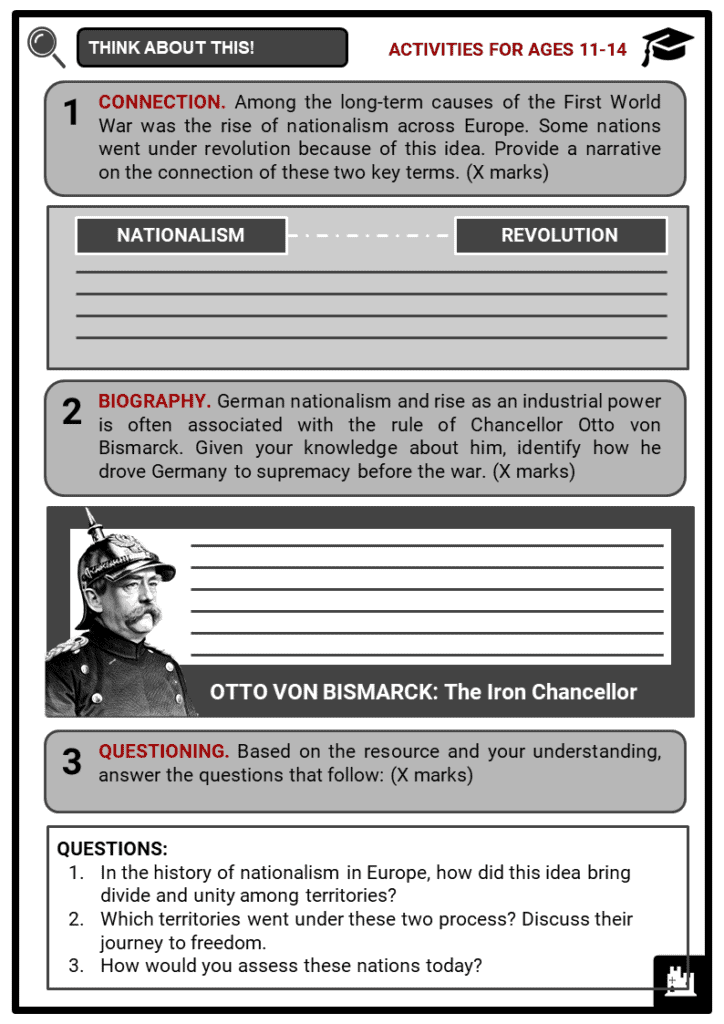
. Militarism was one of the main causes of the First World War. The term nation refers to a group of people who share the same language history and traditions. Nationalism caused a reduction in trade C.
Nationalism shows you are proud of your country and want it. In World War I nationalism led to the desire of countries with strong self-identities to unite and attack other countries. How Nationalism In The Balkans Contributed To The Outbeak Of WW1.
Nationalism played a specific role in World War I when Archduke Ferdinand and his wife were assassinated by Princip a member of a Serbian nationalist terrorist group fighting against Austria-Hungarys rule over Bosnia. However the suggestion that Germany wanted to create a European empire in 1914 is not supported by the pre-war rhetoric and strategy. It led to revolution against Russian imperialism.
- It prompted European nations to break all ties with one another. Nationalism along with militarism and imperialism is a contributing factor of World War I. Which describes the role nationalism played in causing World War 1.
As a result nationalism played a key role on why world war 1 started in the first place. Nationalism caused countries to stop the alliance system. What role did nationalism play in World War 1.
Beside above why was nationalism a cause of ww1. Nationalism played a role in the direct cause of WW1. If it wasnt for Nationalism then.
A group of six assassins had enough nationalism to kill the archduke and start one of the biggest war in world history. Frances defeat sparked a revolution culminating in the French Third Republic. It was tied to militarism and clashed with the interests of the imperial powers in Europe.
Entangled alliances created two competing groups. The overall cause of World War was the assassination of Archduke Franz Ferdinand. Nationalism in Germany Germany was united in 1871 as a result of the Franco-Prussian War and she rapidly became the strongest economic and military power in Europe.
Established a powerful Germany with industrial and military potentials that posed a threat to existing European powers. Nationalism began as a unifying force demanding nation states to come together. It united Europe against the Ottoman Empire.
Nationalism developed into a phenomenon where people with shared cultural religious and ethnic heritage believed in a perceived superiority to other peoples. Because of the assassination of Archduke Franz Ferdinand Austria-Hungary blamed Serbias government for the attack and wanted to use the incident as propaganda. Nationalism convinced the people of Europe that there own nation could take on any military threat B.
Nationalism was also a new and powerful source of tension in Europe. For example the Austro-Hungarian Empire was not made up of one single nation but rather consisted of many different groups. Nationalism affected world war one because each individul country was trying to prove that.
Historic antisemitism the rise of eugenics and nationalism the aftermath of the First World War the rise of the Nazis the role of Adolf Hitler the internal operation of the Nazi state the Second World War and collaboration all played key roles in the. 7 - The role of nationalism in the two world wars. Which is not an accurate description of the role nationalism played in causing World War I.
Nationalism played an integral role in the outbreak of the First World War. Nationalist was a root cause to World War 1. It fueled rivalries between European nations.
Franco-Prussian War 1870-1871 i. Beginning in the late 19th century the social unrest in the Balkan States became the focal point of many European powers. Nationalism led to a new era of peace negotiations D.
Published online by Cambridge University Press. Nationalism in the Balkans helped contribute to the outbreak of WWI. It prompted European nations to break all ties with one another.
Nationalism affected world war one because each individul country was trying to prove. French anti-German sentiment and desire for revenge over Germanys annexation of Alsace-Lorraine. - It led to revolution against Russian imperialism.
Despite Indias vital contribution her importance is often overlooked by those who assume that only Europeans were involved in the conflict on the Western Front. At the start of war in 1914 the political situation in India was. - It fueled rivalries between European nations.
- It united Europe against the Ottoman Empire. The Holocaust was the culmination of a number of factors over a number of years. It united Europe against the Ottoman Empire.
May be regarded as one of the causes of the First World War. From 1871 to 1890 Germany wanted to preserve her hegemony in Europe by forming a series of peaceful alliances. Which describes the effect of militarism in the years leading up to World War I.
Which describes the effect of militarism in the years leading up to World War I. What role did nationalism play in the outbreak of world War 1. India played an invaluable role in World War One fighting for the Allies in every major theatre of operations.
What role did nationalism play in World War 1. Which is NOT an accurate description of the role nationalism played in causing World War I. Which describes the role nationalism played in causing World War 1.
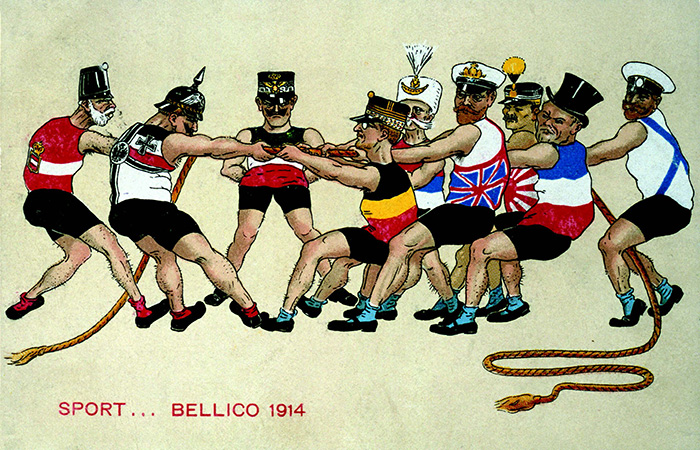
Read What Caused The First World War Article Khan Academy
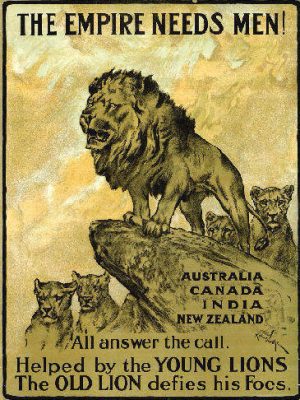
Nationalism As A Cause Of World War I

Nationalism As A Cause Of World War I Key Facts Worksheets

Six Causes Of World War I Norwich University Online
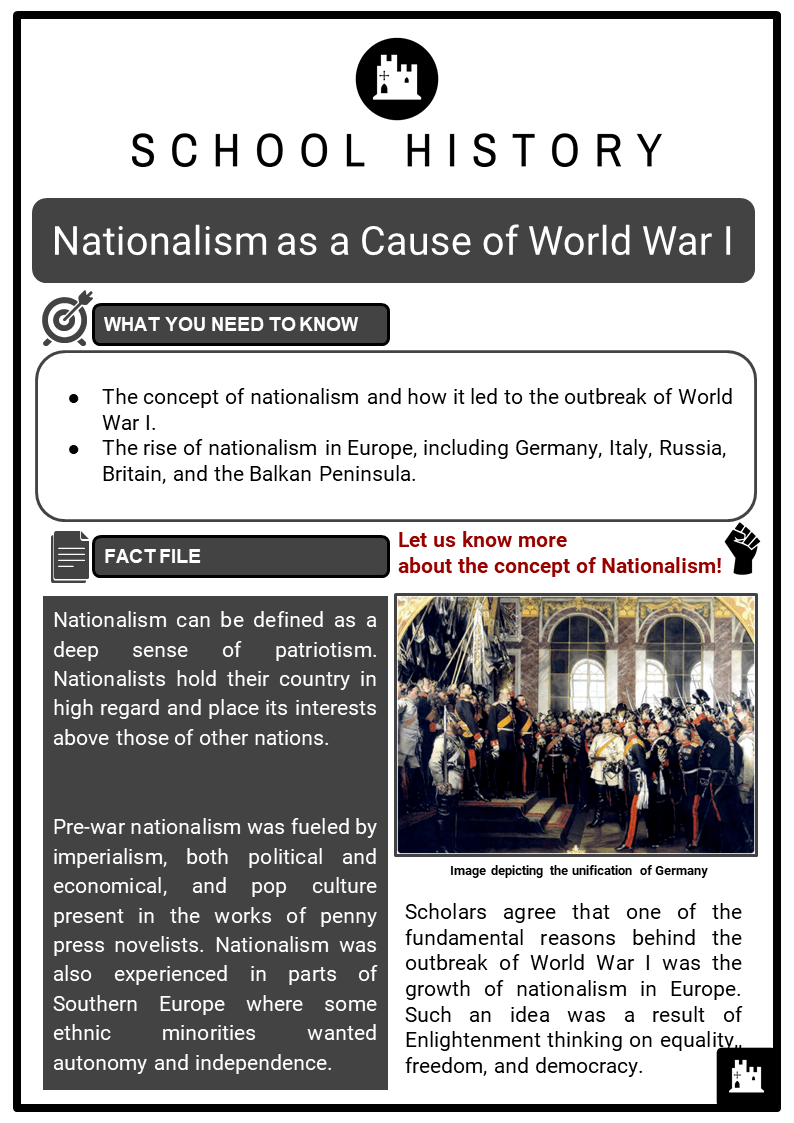
Nationalism As A Cause Of World War I Key Facts Worksheets
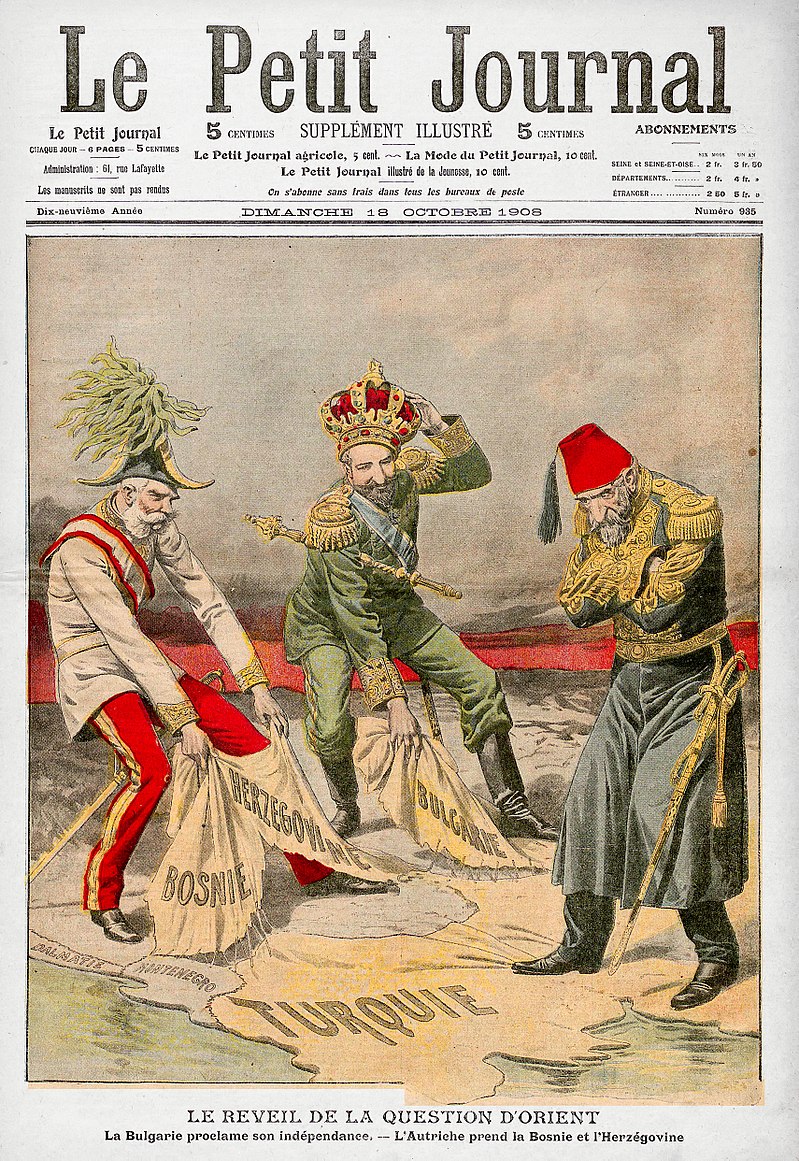
Nationalism As A Cause Of World War I History Crunch History Articles Biographies Infographics Resources And More
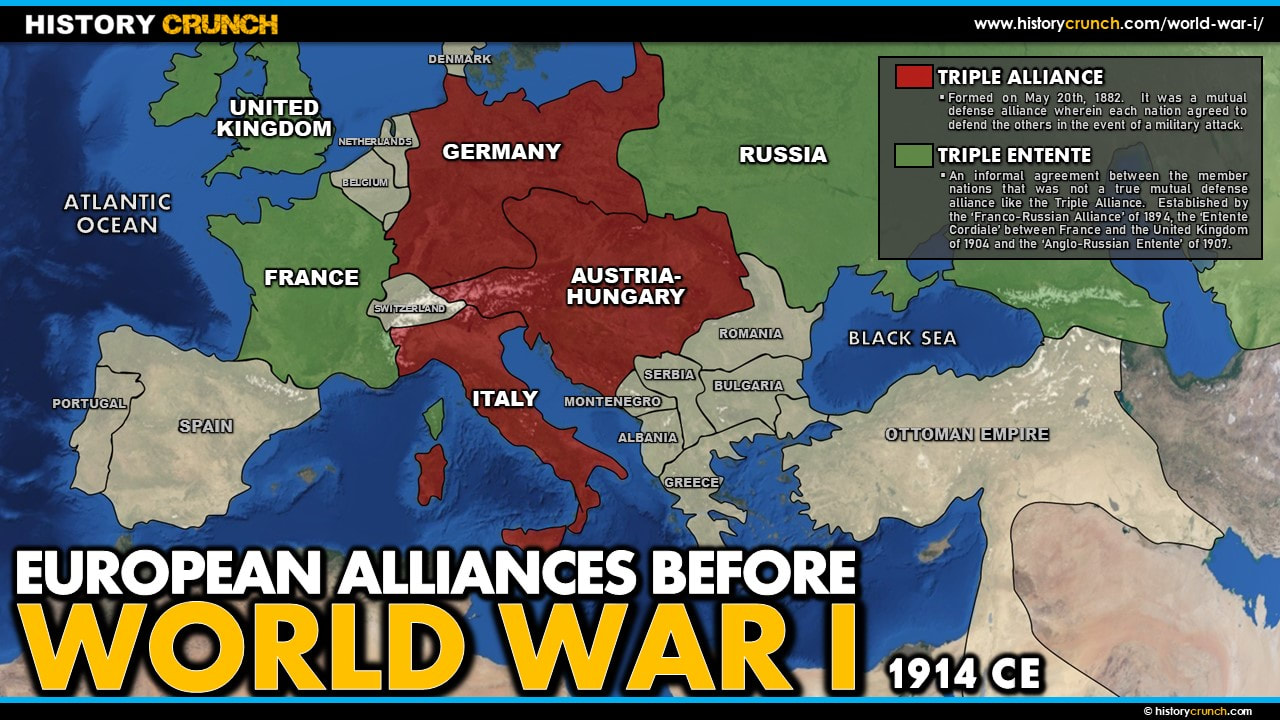
Nationalism As A Cause Of World War I History Crunch History Articles Biographies Infographics Resources And More
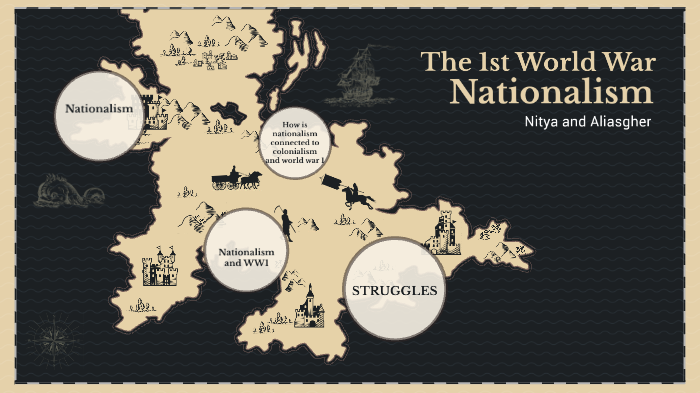
Nationalism In Ww1 By Stuffz Chan
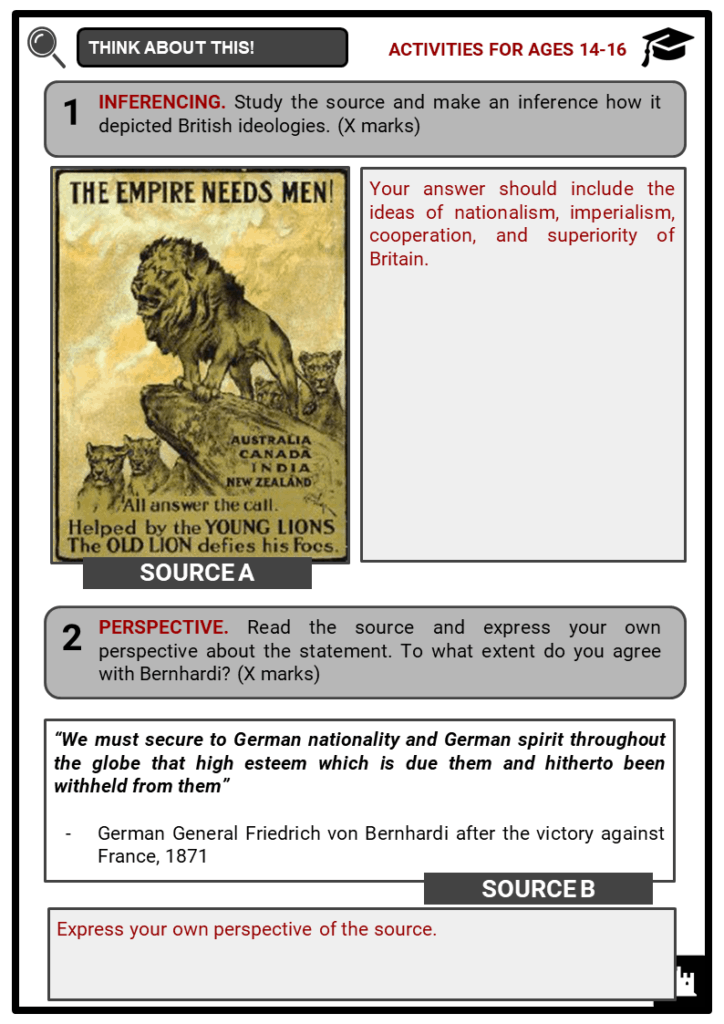
Nationalism As A Cause Of World War I Key Facts Worksheets

Propaganda For Patriotism And Nationalism The British Library

Propaganda For Patriotism And Nationalism The British Library
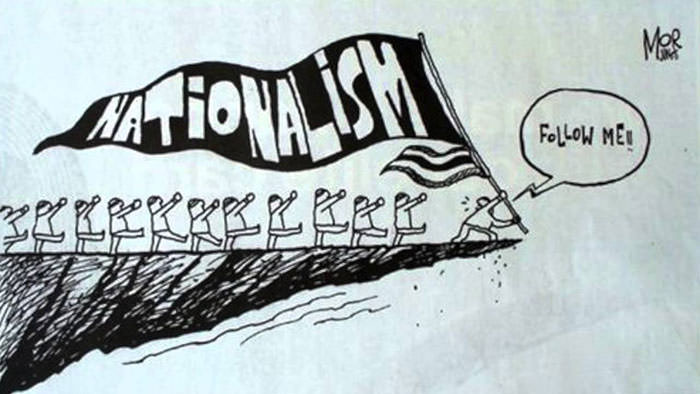
10 Major Causes Of World War I Learnodo Newtonic

4th Main Cause Of Ww1 Is Nationalism Nationalism Is The Belief In Following Your Country And Believing In It Wwi Lessons History Learn History

Propaganda For Patriotism And Nationalism The British Library

Nationalism As A Cause Of World War I
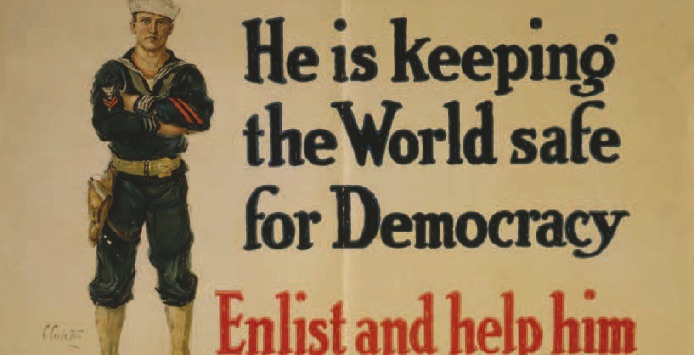
Why World War I Matters In American History The American Historian
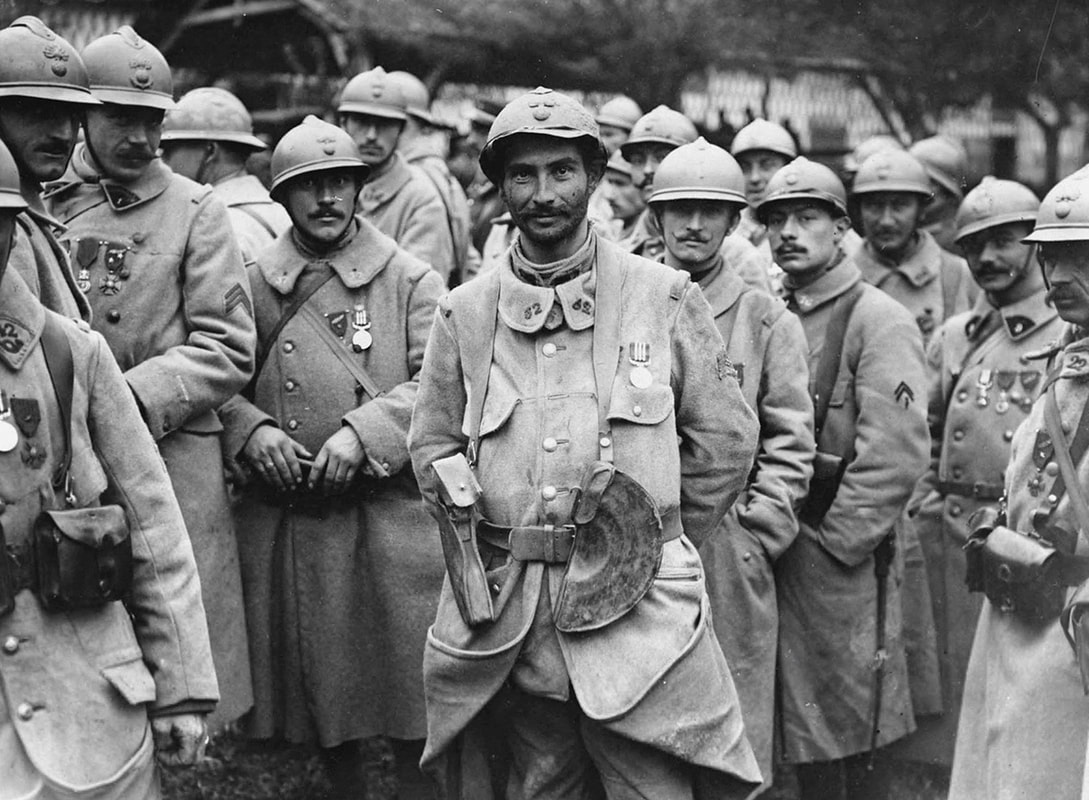
Nationalism As A Cause Of World War I History Crunch History Articles Biographies Infographics Resources And More

Propaganda For Patriotism And Nationalism The British Library
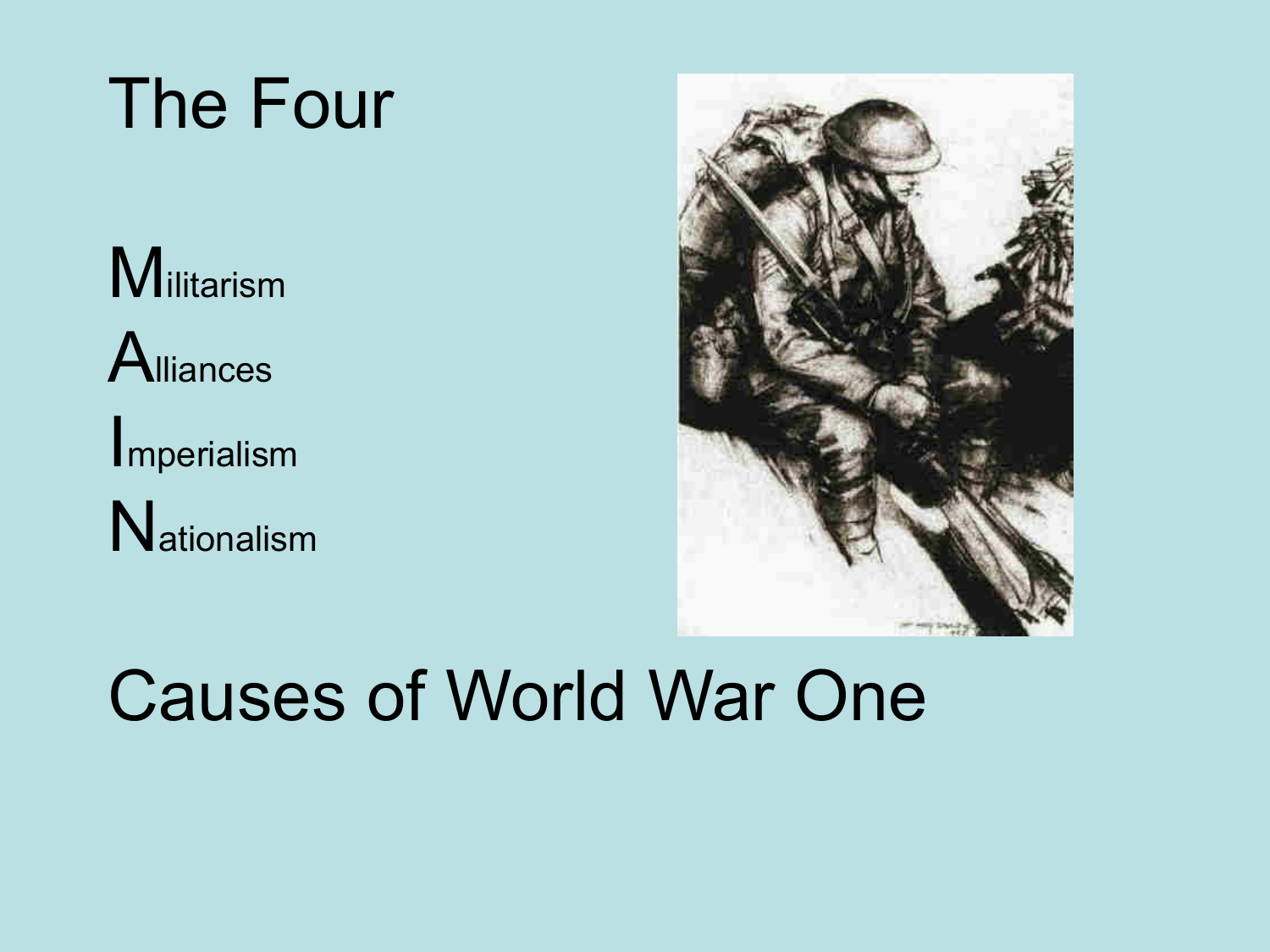
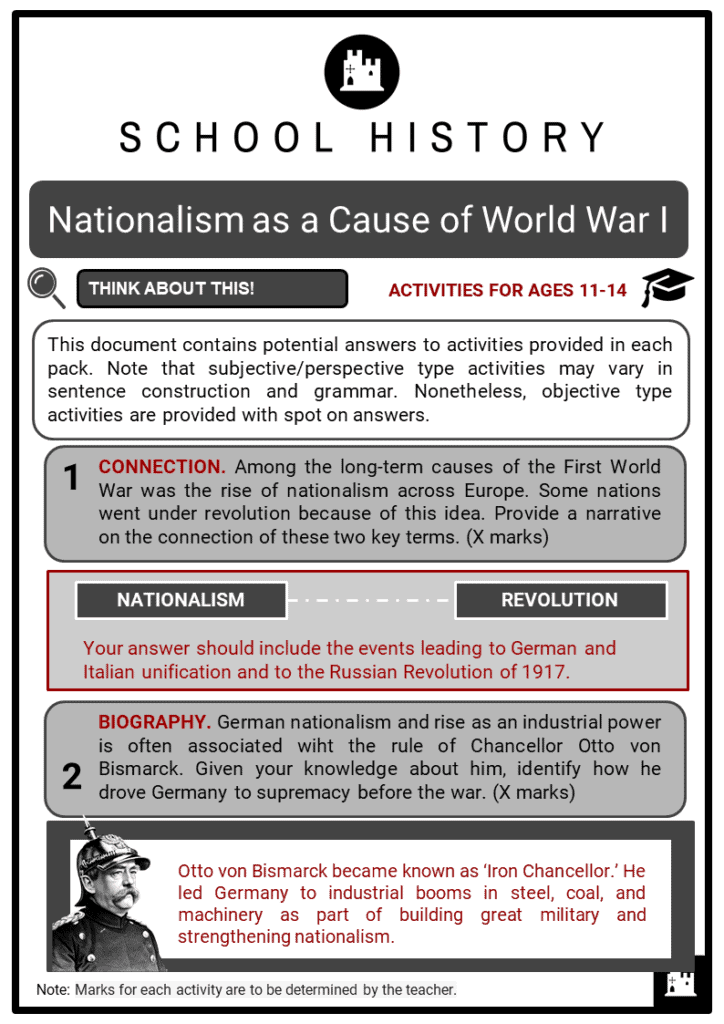
Comments
Post a Comment